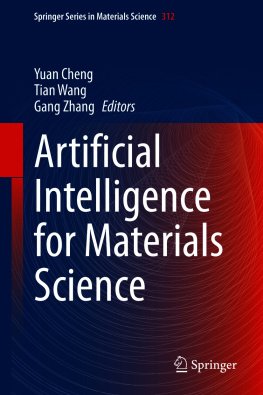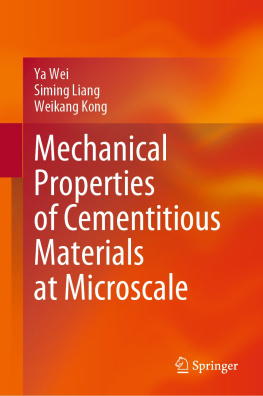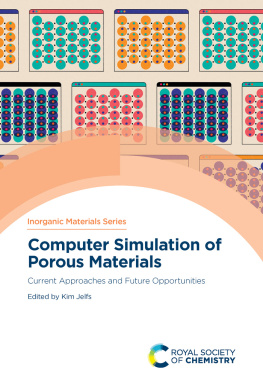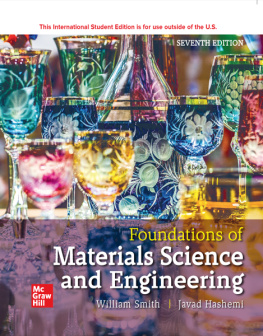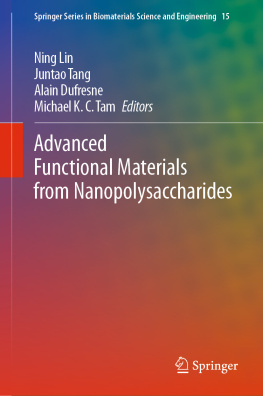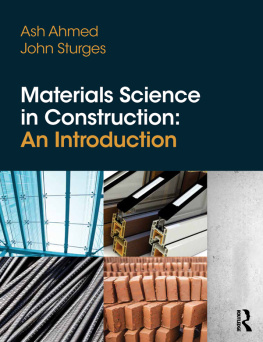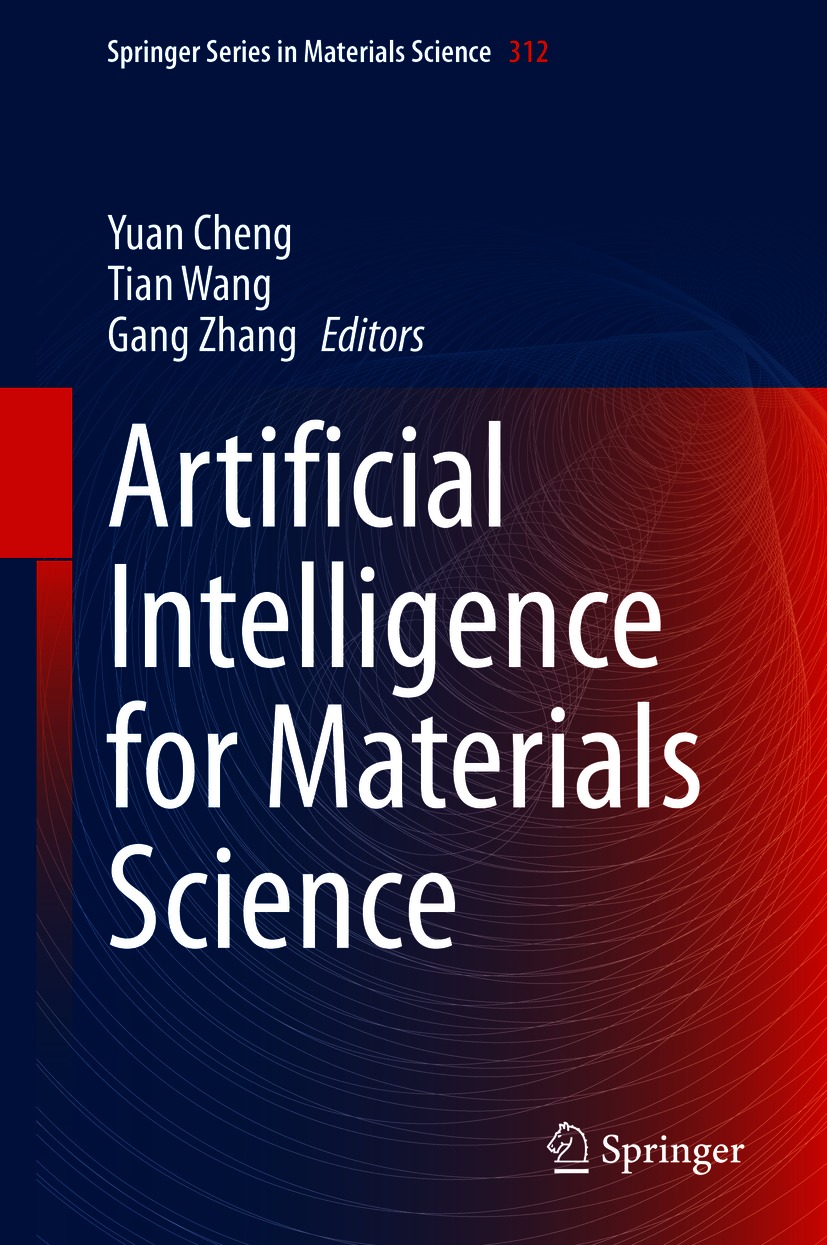Yuan Cheng (editor) - Artificial Intelligence for Materials Science (Springer Series in Materials Science, 312)
Here you can read online Yuan Cheng (editor) - Artificial Intelligence for Materials Science (Springer Series in Materials Science, 312) full text of the book (entire story) in english for free. Download pdf and epub, get meaning, cover and reviews about this ebook. year: 2021, publisher: Springer, genre: Children. Description of the work, (preface) as well as reviews are available. Best literature library LitArk.com created for fans of good reading and offers a wide selection of genres:
Romance novel
Science fiction
Adventure
Detective
Science
History
Home and family
Prose
Art
Politics
Computer
Non-fiction
Religion
Business
Children
Humor
Choose a favorite category and find really read worthwhile books. Enjoy immersion in the world of imagination, feel the emotions of the characters or learn something new for yourself, make an fascinating discovery.
- Book:Artificial Intelligence for Materials Science (Springer Series in Materials Science, 312)
- Author:
- Publisher:Springer
- Genre:
- Year:2021
- Rating:5 / 5
- Favourites:Add to favourites
- Your mark:
Artificial Intelligence for Materials Science (Springer Series in Materials Science, 312): summary, description and annotation
We offer to read an annotation, description, summary or preface (depends on what the author of the book "Artificial Intelligence for Materials Science (Springer Series in Materials Science, 312)" wrote himself). If you haven't found the necessary information about the book — write in the comments, we will try to find it.
Machine learning methods have lowered the cost of exploring new structures of unknown compounds, and can be used to predict reasonable expectations and subsequently validated by experimental results. As new insights and several elaborative tools have been developed for materials science and engineering in recent years, it is an appropriate time to present a book covering recent progress in this field.
Searchable and interactive databases can promote research on emerging materials. Recently, databases containing a large number of high-quality materials properties for new advanced materials discovery have been developed. These approaches are set to make a significant impact on human life and, with numerous commercial developments emerging, will become a major academic topic in the coming years.
This authoritative and comprehensive book will be of interest to both existing researchers in this field as well as others in the materials science community who wish to take advantage of these powerful techniques. The book offers a global spread of authors, from USA, Canada, UK, Japan, France, Russia, China and Singapore, who are all world recognized experts in their separate areas. With content relevant to both academic and commercial points of view, and offering an accessible overview of recent progress and potential future directions, the book will interest graduate students, postgraduate researchers, and consultants and industrial engineers.
Yuan Cheng (editor): author's other books
Who wrote Artificial Intelligence for Materials Science (Springer Series in Materials Science, 312)? Find out the surname, the name of the author of the book and a list of all author's works by series.

